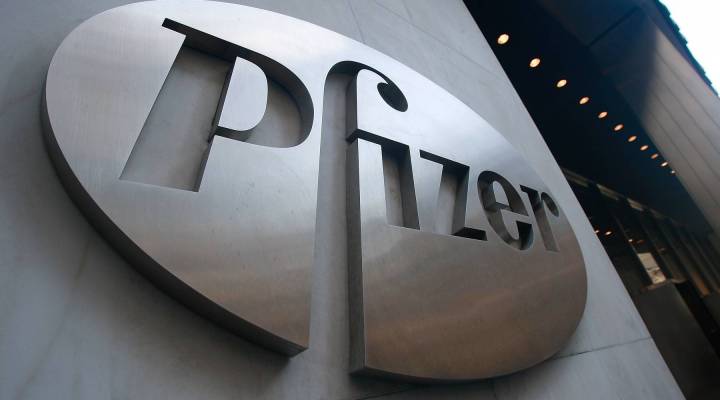
Inversion – ain’t nothing but a tax dodge, baby
Inversion – ain’t nothing but a tax dodge, baby

When a big American company tries to buy a small company overseas, it’s always worth asking the question: “Why?” Sometimes, it’s because the acquisition gives the big company access to a new and growing market. Sometimes, it’s because the small company has some cool technology the big company wants. And sometimes … it’s a big fat tax dodge.
Take AbbVie, a U.S. pharmaceutical company that wants to buy an Irish drugmaker called Shire. Shire won’t give AbbVie access to an exciting new market, or bring it any sexy new technology. What it will provide – if the merger happens – is headquarters in a country with much lower tax rates than the U.S.
This is called a corporate inversion. Companies that do this behave a bit like the homeowner who sells her beautiful, perfect house in one city and uses the cash to buy a hovel in a town with a great school. The house may be outrageously expensive, and it may be falling down, but the buyer doesn’t care about any of that – she only cares about being able to send her kid to the local school. She can work out the other stuff later.
The same goes for Abbvie: it doesn’t care much about Shire, it cares about paying less in taxes. The same goes for another U.S. pharma company, Pfizer, that tried to buy British drugmaker AstraZeneca earlier this year, as well as a company called Destination Maternity, which tried to buy British maternity retailer Mothercare recently.
The list of companies that have inverted is a long one. It includes Applied Materials, which acquired a Japanese company and reincorporated in the Netherlands; Chiquita Brands, which bought Irish company Fyffes and shifted to Dublin; Power Management company Eaton Corp. did likewise after it bought Cooper Industries; pharma company Perrigo bought Irish company Elan and moved; and publisher Omnicom shifted to the Netherlands after it bought French rival Publicis Group.
Moving overseas to save tax money isn’t a new phenomenon, and companies are careful to obey the law. But, the law has made things more difficult. Companies used to be able to just open an office in Bermuda and move, but they’re not allowed to do that anymore. Hence the inversion activity that we’ve seen recently – at least 20 in the last two years, according to sources cited by the New York Times.
Now, you may think that it’s fair enough for companies to do this: It’s entirely legal, and the 35 percent tax rate that corporations pay is a lot higher than in other countries. So why shouldn’t these companies move and save? They do it within the U.S., after all, moving from state to state to get tax benefits. Some Congressional representatives might agree with you. Others, like Republican Senator Charles Grassley, says inversion may not be illegal, but it’s “immoral.” I guess he doesn’t like seeing all those dollars leaking away overseas.
It looks as though the Obama Administration feels the same way. The New York Times reported recently that “the House Ways and Means Committee and the Senate Finance Committee are working on draft legislation for comprehensive tax reform that is expected to include new rules intended to curtail inversions while also trying to make the United States a more competitive place for multinationals to call home.”
There’s a lot happening in the world. Through it all, Marketplace is here for you.
You rely on Marketplace to break down the world’s events and tell you how it affects you in a fact-based, approachable way. We rely on your financial support to keep making that possible.
Your donation today powers the independent journalism that you rely on. For just $5/month, you can help sustain Marketplace so we can keep reporting on the things that matter to you.


















